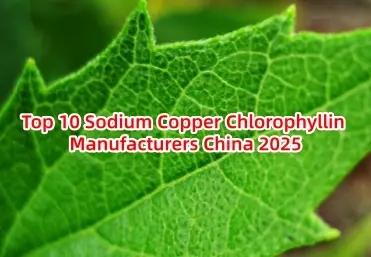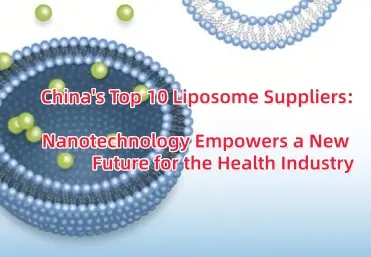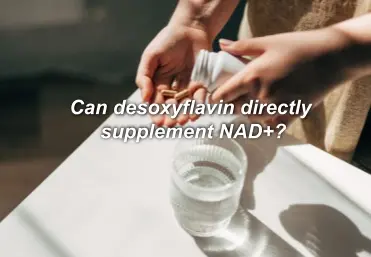
Will L-leucine powder cause internal heat?
Many fitness bloggers claim, "L-leucine powder has no side effects; at most, it tastes bitter." However, real feedback reveals that internal heat is not uncommon; people simply don't attribute it to the leucine.
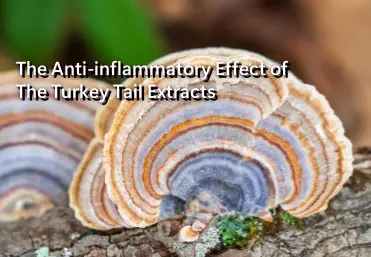
The Anti-inflammatory Effect of The Turkey Tail Extracts
Studies have shown that turkey tail extract has antiviral activity against Staphylococcus aureus , Salmonella , and influenza viruses. Macrophages have anti-inflammatory and anti-infective effects by enhancing phagocytosis and promoting interferon production.

Arbutin Powder Benefits for Skin

Is niacinamide beneficial during pregnancy?
Nicotinamide powder(vitamin B3) is an essential water-soluble vitamin involved in energy metabolism, DNA repair, and cell signaling. For pregnant women, moderate niacinamide intake may offer the following benefits...

What are the benefits of marigold flower extract?
Marigold flower extract is a herb widely loved for its bright orange-yellow petals. Its flowers, leaves, and marigold extracts are widely used in foods, teas, skin care products, and medicinal preparations.

How to incorporate NMN supplements into your daily diet?
Starting taking NMN is easier than you think. The key is finding a time that works for you. Most NMN supplements come in capsule or powder form, making it easy to incorporate into your morning routine.
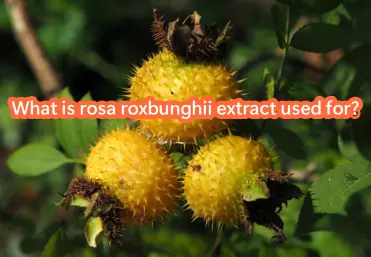
What is rosa roxbunghii extract used for?
Rosa roxbunghii extract is mainly obtained from wild species found in the Yunnan-Guizhou Plateau of China. The region is known for its diverse vegetation and favorable growing conditions that contribute to the exceptional quality of the pears. The extract is rich in natural vitamin C, a powerful antioxidant that plays a vital role in maintaining healthy skin, strengthening immunity, and promoting overall health.
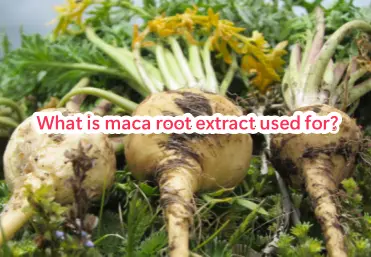
What are the uses of Maca Root Extract?

Does Fisetin Really Fight Aging?
The article discusses the anti-aging evidence of fisetin, the dosage logic, and the feasibility of external use, etc. It also provides reliable raw material sources and offers a connection to SOST for purchasing fisetin powder.

What is the maximum dose of rutin powder?
The "Draft for Soliciting Opinions on the Management of the Catalog of Substances that are Both Food and Drug" issued by the National Health Commission in 2022 clearly states that the recommended intake of total flavonoids in terms of rutin shall not exceed 1 g/day (powder). This value is based on a 90-day subchronic toxicity test: rats orally ingested 500 mg/kg/day (equivalent to about 60 mg/kg/day in humans) and showed a slight increase in liver enzymes, and no adverse reactions were observed below 200 mg/kg/day. Taking into account species differences and sensitive populations, the safety factor was ultimately magnified 100 times, and 1 g/day was set as the upper limit for ordinary adults.

 Food Additives
Food Additives

